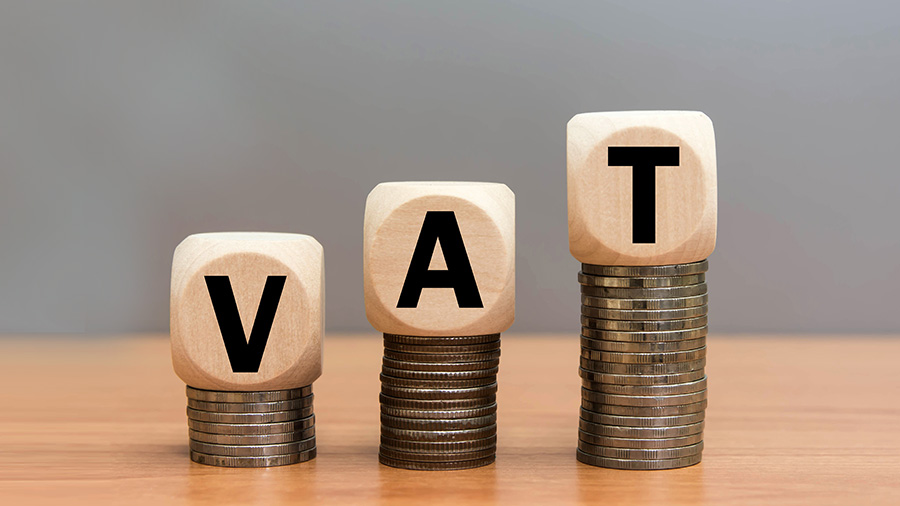President Bola Tinubu has signed the Nigeria Tax Act into law, exempting several goods and services from the 7.5% value-added tax (VAT). The Act, part of a broader tax reform initiative, was signed on June 26, alongside three other laws — the Nigeria Tax Administration Act, the Joint Revenue Board (Establishment) Law, and the Nigeria Revenue Service (Establishment) Act.
These reforms, which are expected to take effect from January 1, 2026, will operate under a newly branded agency — the Nigeria Revenue Service (NRS).
According to the law, as sighted by The New Daily Prime, 15 categories of items will be completely VAT-exempt, while an additional 19 items will be subject to VAT at a zero per cent rate. In October 2024, a separate VAT modification order had already introduced similar reliefs specifically targeted at the oil and gas sector.
Full List of VAT-Exempt Items
Supplies Fully Exempted from VAT:
- Oil and gas exports
- Crude petroleum oil and feed gas for processed gas
- Goods bought for humanitarian or donor-funded projects
- Baby products
- Locally made sanitary towels, pads, or tampons
- Military hardware, arms, ammunition, and locally produced uniforms for the armed forces and security agencies
- Shared passenger road transport services
- Purchase or lease of tractors, ploughs, and other farm equipment
- Goods/services consumed within export processing or free trade zones for approved activities
- Goods/services to diplomatic missions or individuals under the Diplomatic Immunities and Privileges Act (non-profit, public interest only)
- Educational plays or performances by schools
- Land or buildings (including rights or interest in them)
- Money or securities (including related interests)
- Government-issued licences
- Assistive and disability-related products like wheelchairs, hearing aids, and braille materials
Items Charged to VAT at 0%:
- Basic food items
- All medical and pharmaceutical products (including herbal medicine)
- Educational books and materials
- Fertilisers
- Locally made agricultural chemicals
- Locally produced veterinary medicine
- Locally made animal feed
- Live cattle, goats, sheep, and poultry
- Agricultural seeds and seedlings
- Electricity generated by GENCOs and sold to the national grid or NBET
- Electricity transmitted by TCN to DISCOs
- Medical services
- Tuition for nursery, primary, secondary, or tertiary education
- Exported goods (excluding oil and gas)
- Exported services
- Exported incorporeal property
- Medical equipment
- Electric vehicles
- Parts and semi-knockdown units for assembling electric vehicles
VAT relief for oil and gas, renewable energy
The law also reinforced the October 2, 2024, VAT modification order, which excluded a number of oil and energy products from VAT collection. These include diesel, LPG, CNG, and renewable energy infrastructure like clean cooking equipment and electric vehicles.
Taiwo Oyedele, chair of the Presidential Committee on Fiscal Policy and Tax Reforms, confirmed that 63 specific items were listed as VAT-exempt under the updated fiscal regime.
However, the law gives the finance minister the discretion to determine the commencement or suspension of VAT collection on these items “by an order issued in the Official Gazette.”
The Act also allows for future expansions: “Other goods and services may be classified as exempt or zero-rated by order of the Minister published in the official gazette,” the document states.
This move is seen as part of the government’s efforts to simplify taxation, incentivise growth in strategic sectors, and reduce the burden on low-income households.



